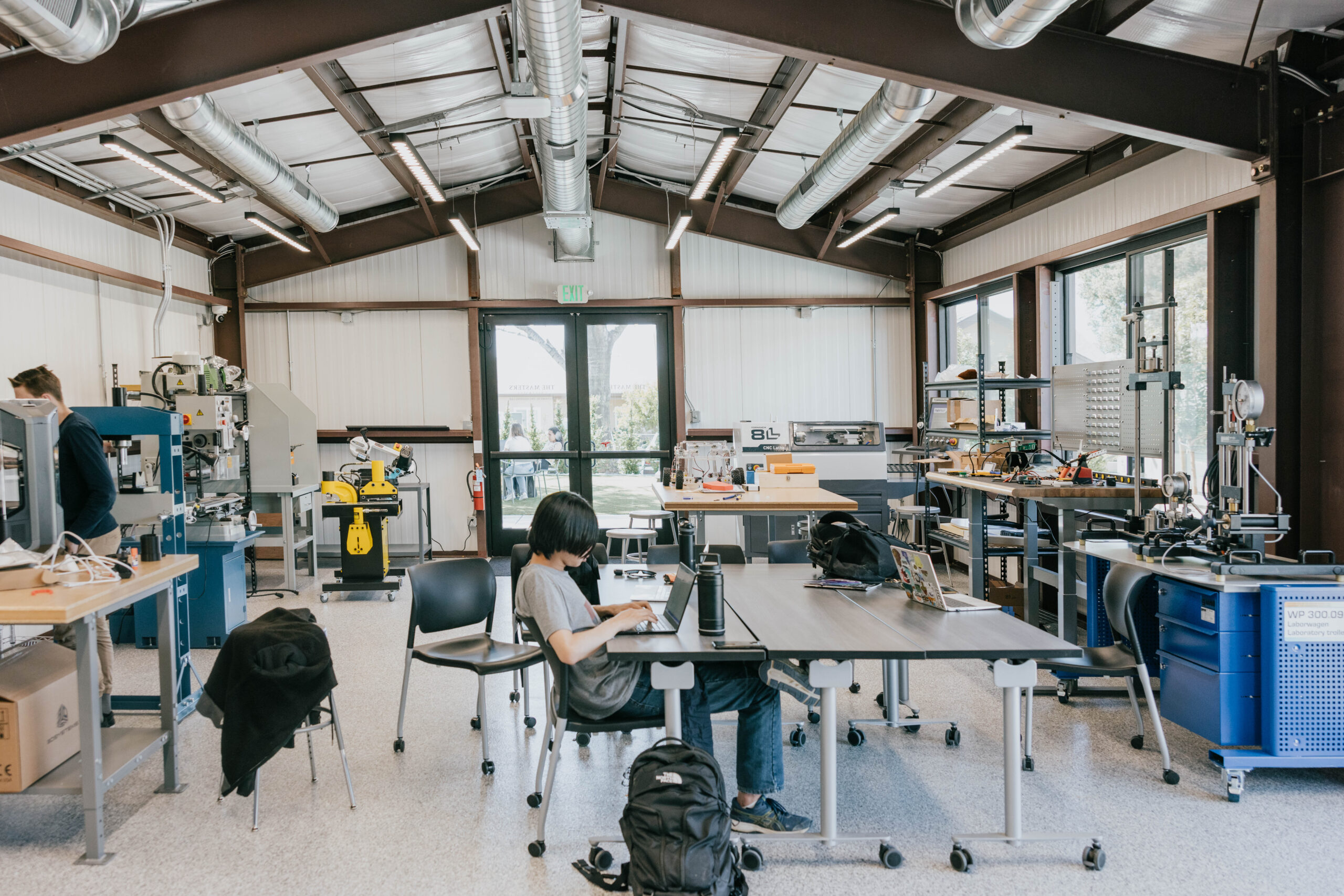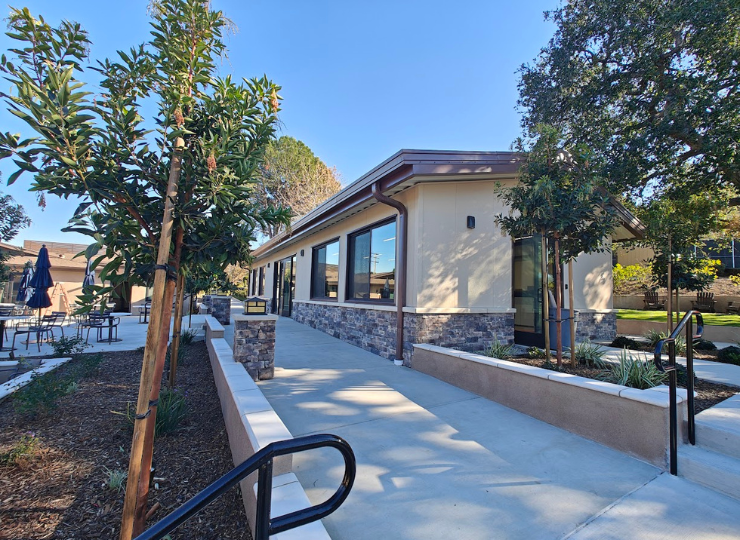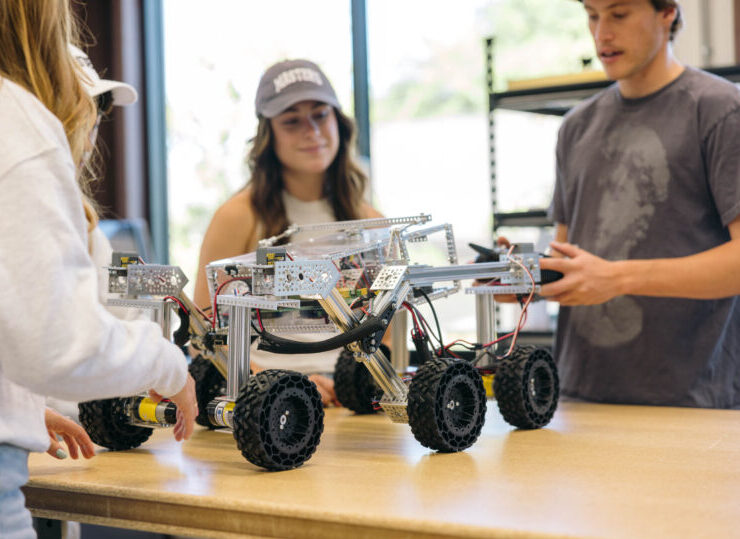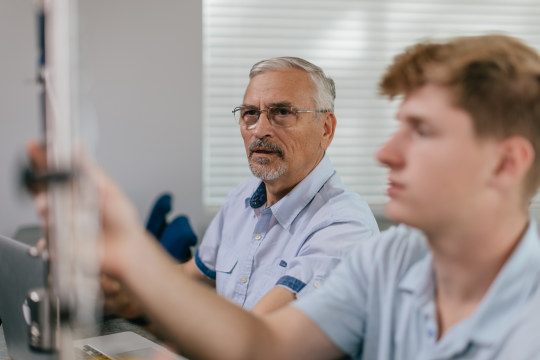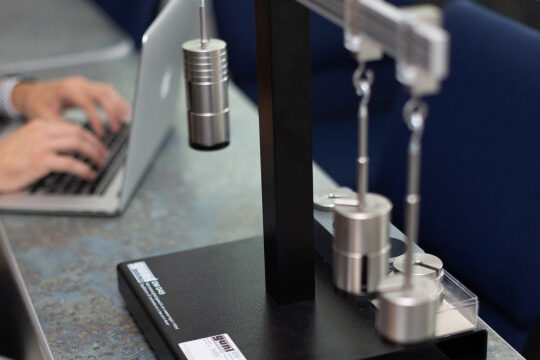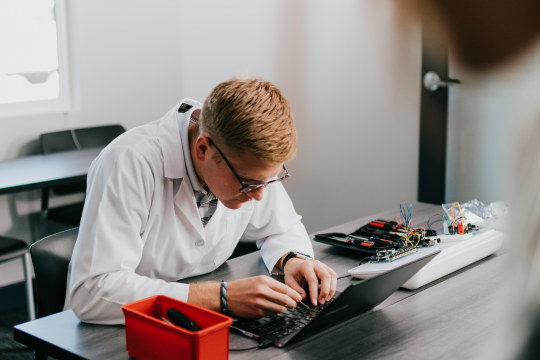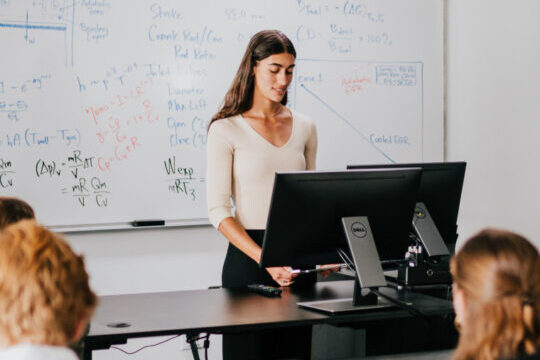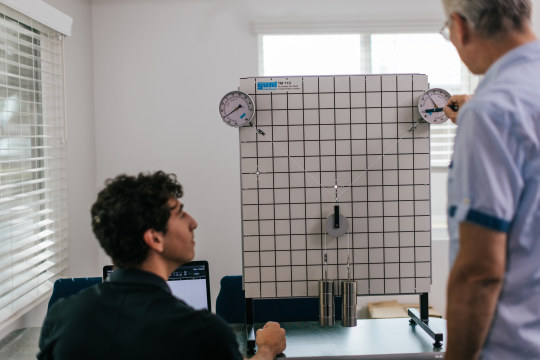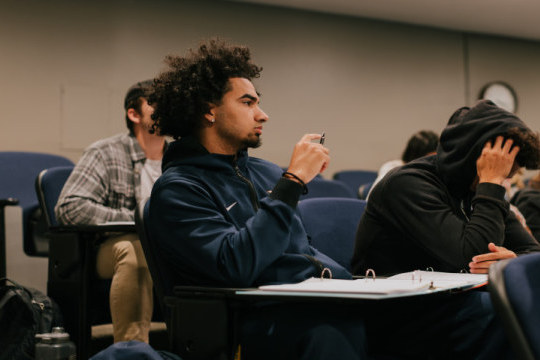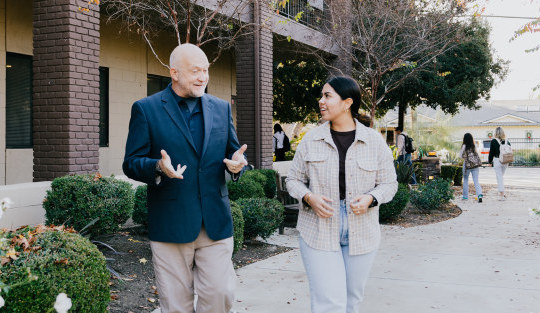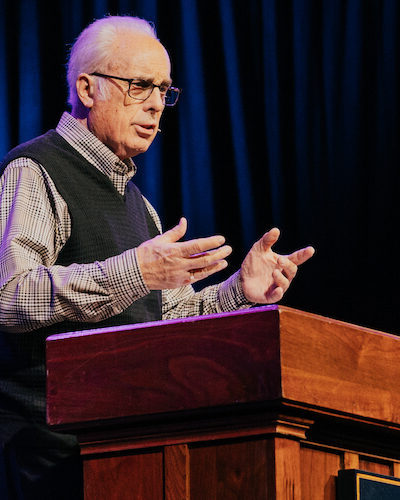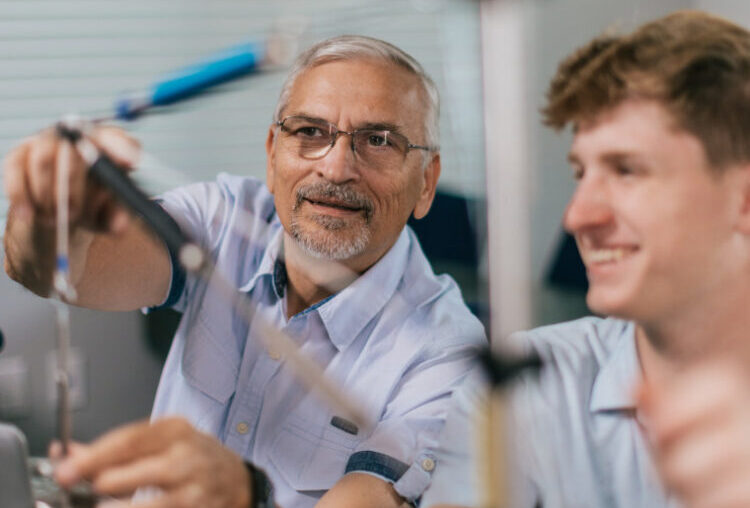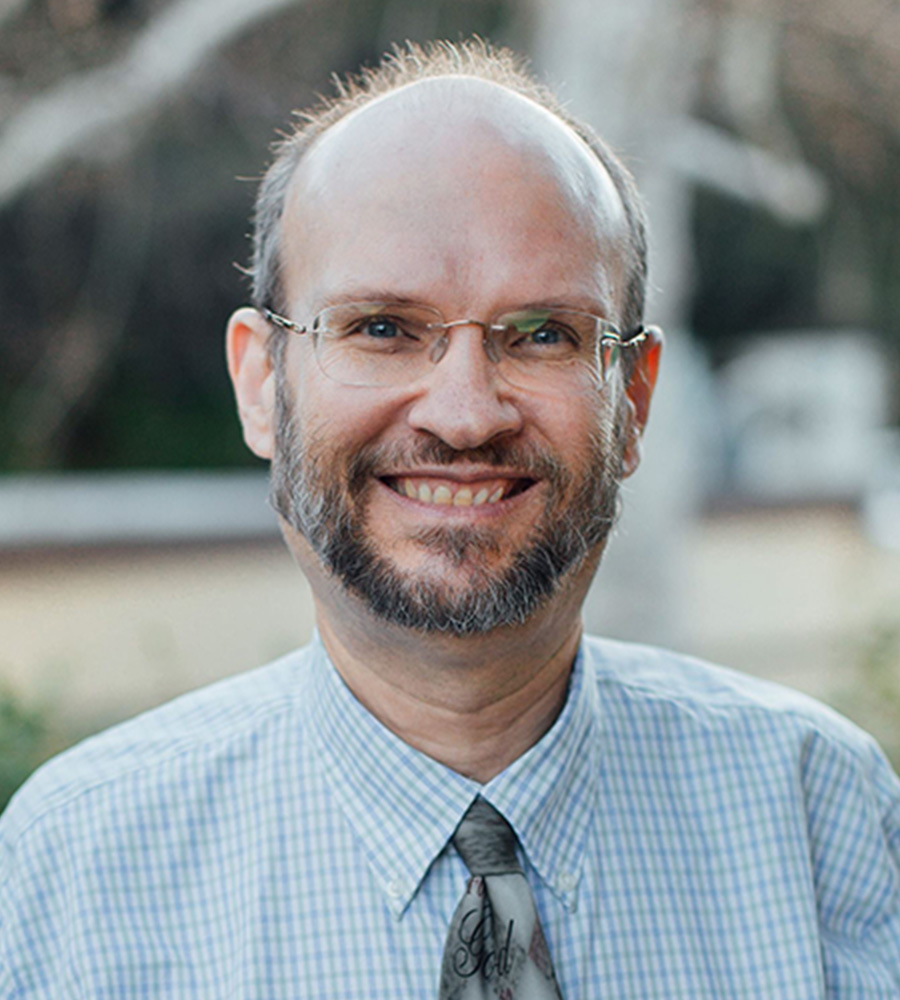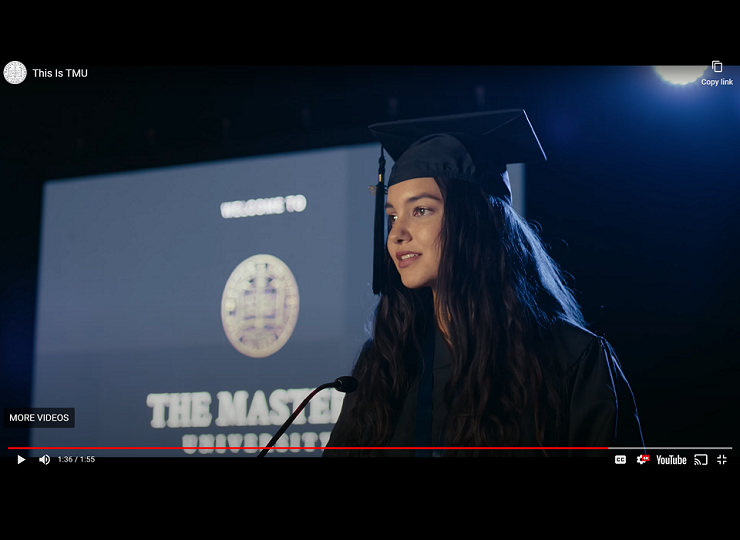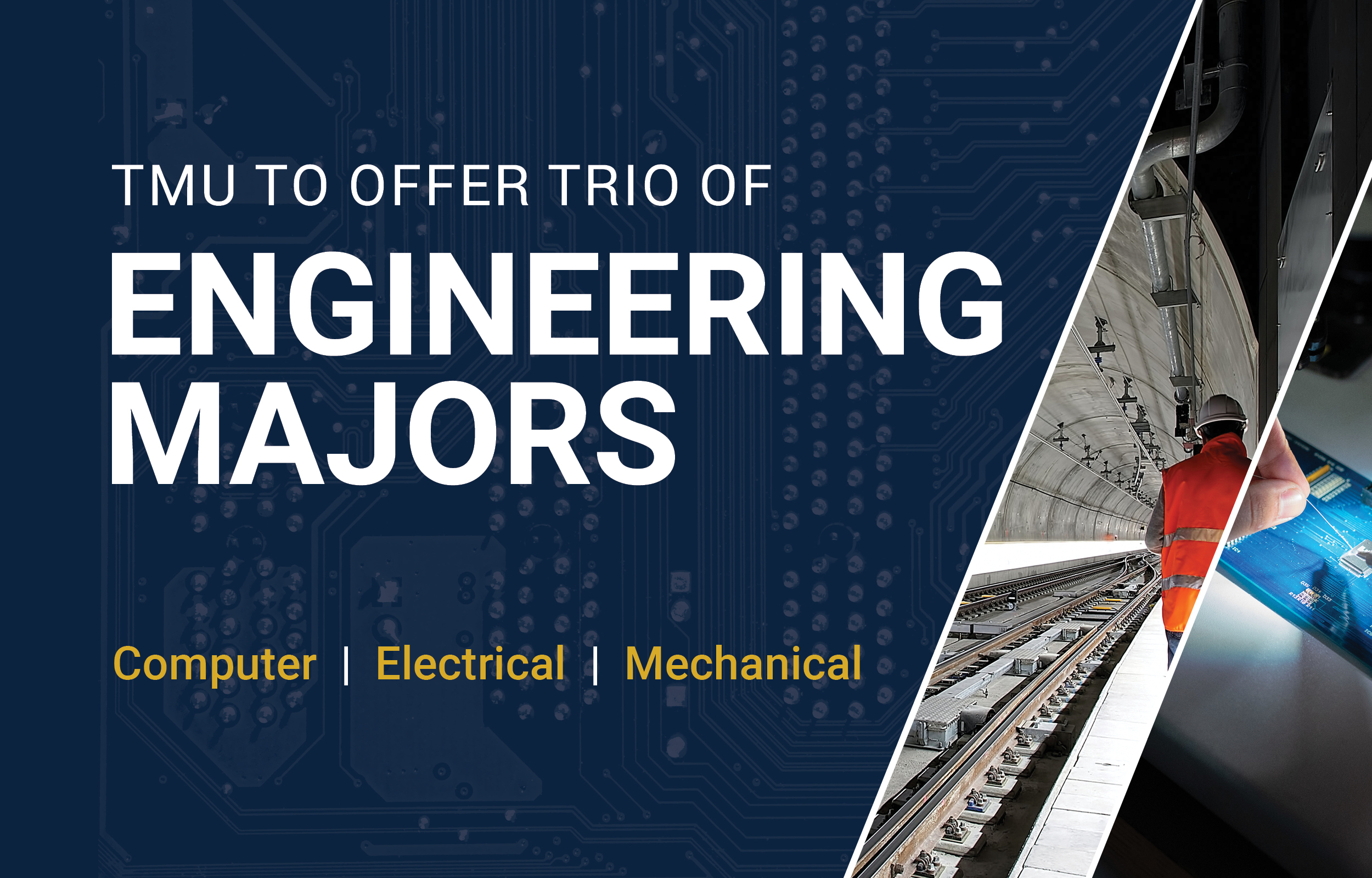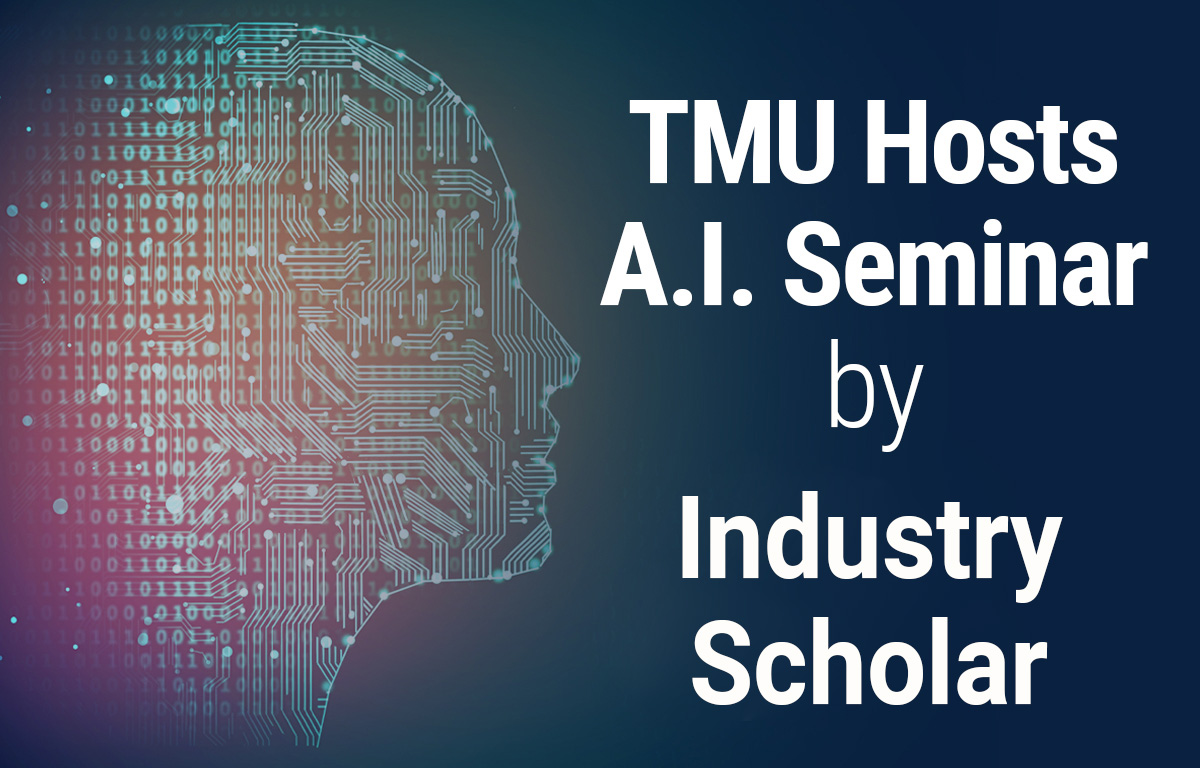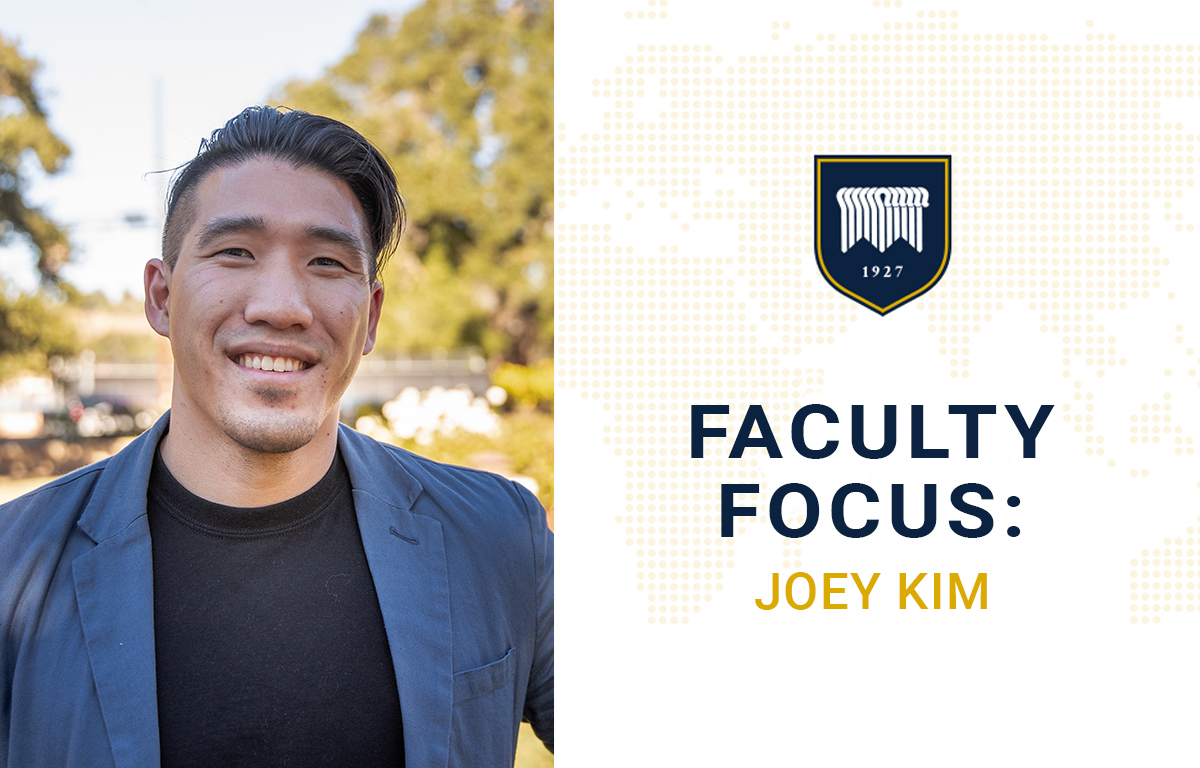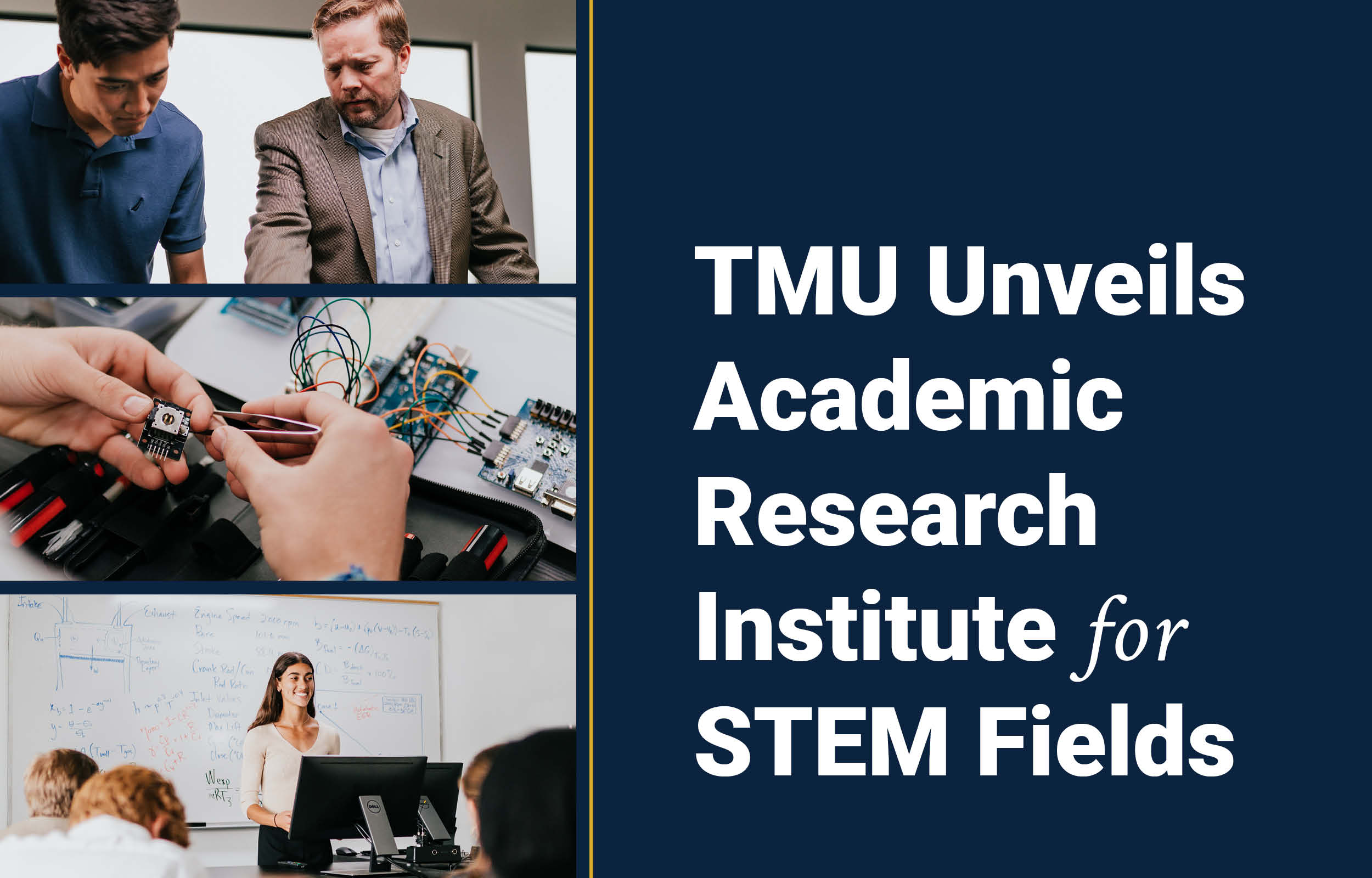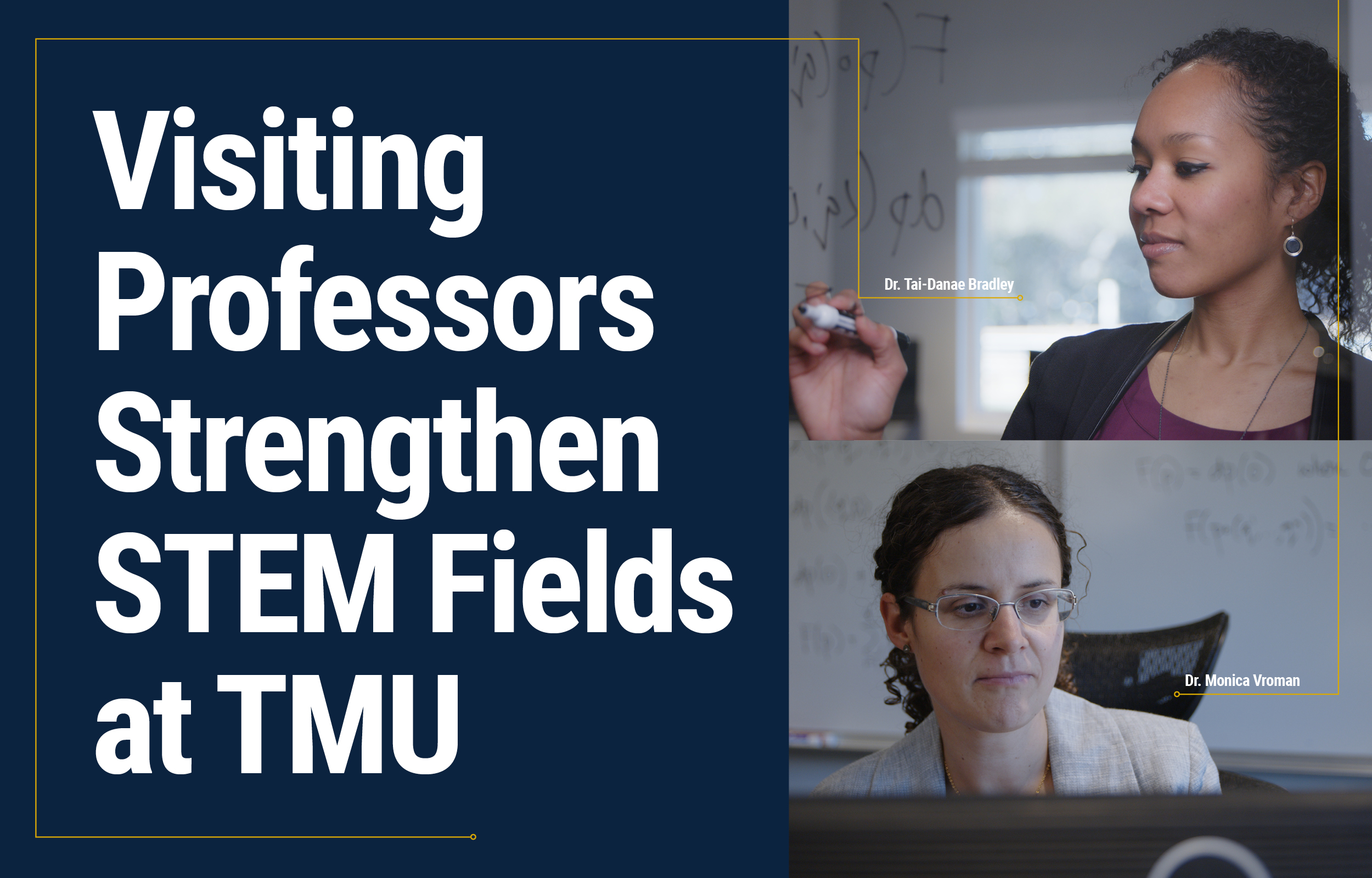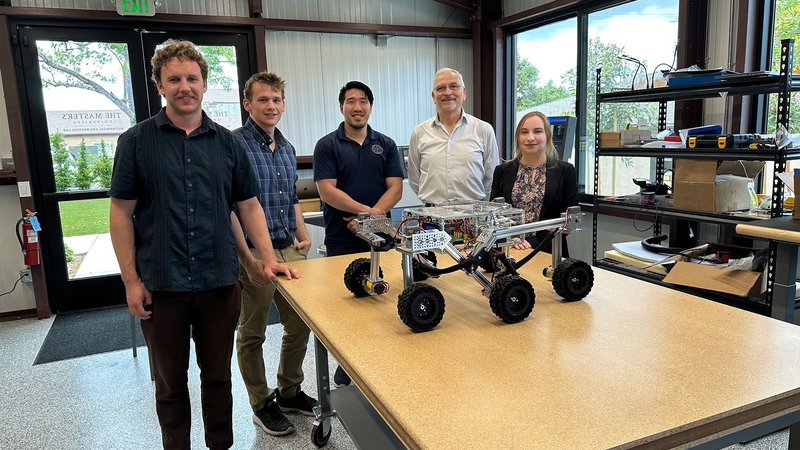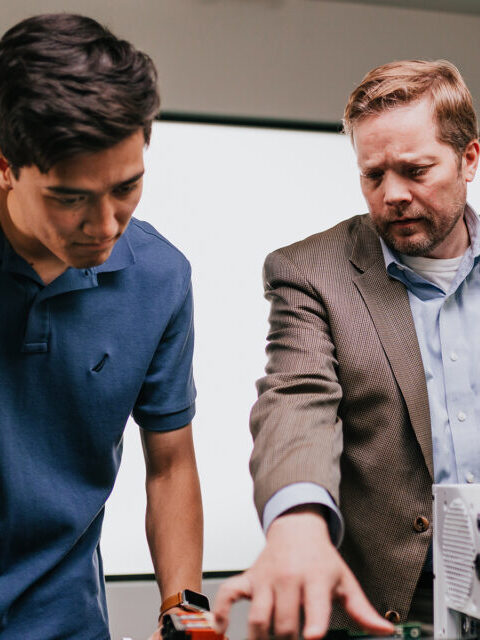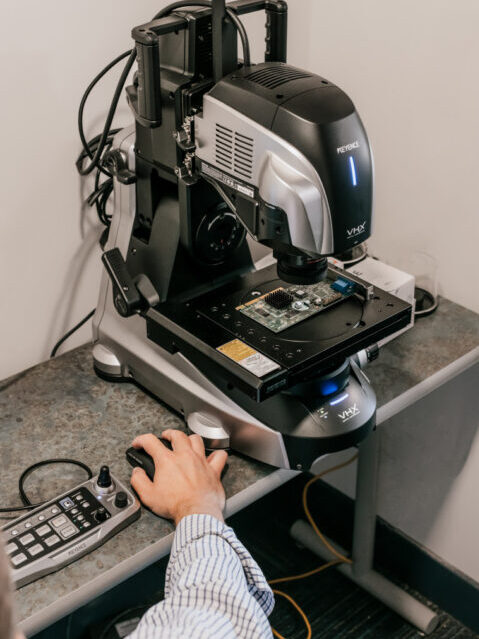Covers concepts and principles of thermodynamics using an engineering approach. Topics include conservation of mass and energy, entropy balance; thermodynamic laws; the properties, equations of state, and processes and cycles for reversible and irreversible thermodynamic systems. Thermodynamic principles are applied to modern engineering systems and processes including cyclic processes used for power generation and refrigeration.
Highlighted Courses
Covers the conversion of one type of motion to another, including not only motion type and direction but rotational speed and torque. Examines fundamentals of machine design, including analysis and design of mechanical components. Begins with a review and further development of stress analysis (statics). Covers shafts, fasteners, belt and chain drives, brakes, gears, springs, and bearings. Includes predicting static and fatigue failures for various loadings and materials.
An overview of robotic systems modeling and first insight into how to use these models to control robotic systems. Similarities between different types of robots, such as robot arms, legged and wheeled machines, and flying systems are used to illustrate modeling techniques. Topics include position, rotation, linear and angular velocity in moving bodies, kinematics of systems of bodies, and kinematic control methods. Dynamics using the Newton-Euler and Lagrange methods are also covered, as well as dynamics and inverse dynamics of floating base systems, joint-space and task-space dynamics control.
Introduction to computer aided design. Students will learn to use a solid modeling design system for the purpose of creating their own designs. Design methods and techniques will be studied through development of increasingly complex devices. Each student is expected to design a device of his/her own choosing. Students master SolidWorks in order to realize their designs.





